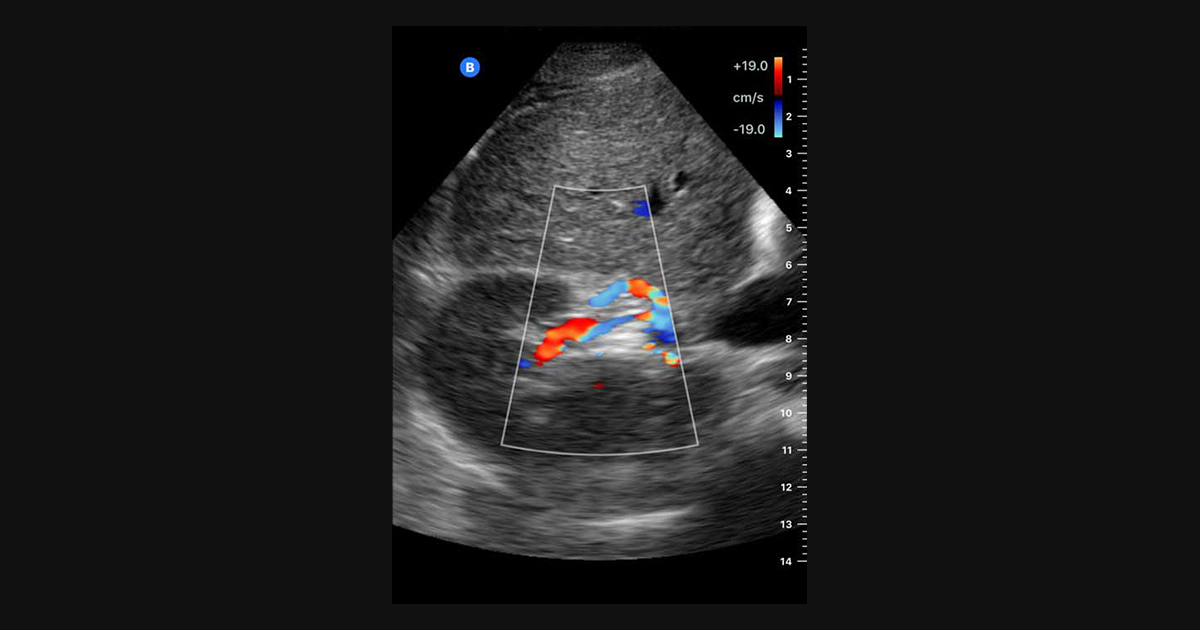What is a Diaphragmatic Hernia?

The diaphragm is a muscle that separates the abdomen from the chest cavity, and plays a crucial role in breathing. A diaphragmatic hernia occurs when there is a rupture or tear in the diaphragm, allowing abdominal organs to enter into the chest cavity, and causing a reduction in the relative vacuum that assists in breathing. This can lead to a number of serious health problems for your dog.
What Causes a Diaphragmatic Hernia?
There are a number of potential causes of a diaphragmatic hernia, including trauma, congenital defects, and weakening of the diaphragm due to age or disease. Some breeds are also more prone to developing a diaphragmatic hernia than others. For example, small breeds such as Chihuahuas and Yorkshire Terriers are known to be at higher risk.
Symptoms of a Diaphragmatic Hernia
The symptoms of a diaphragmatic hernia can vary depending on the severity of the rupture and which organs have entered the chest cavity. Common symptoms include difficulty breathing, vomiting, abdominal pain, and lethargy. In some cases, the dog may not show any symptoms at all, making it difficult to diagnose the condition without a physical exam.
Diagnosis and Treatment
If you suspect that your dog may have a diaphragmatic hernia, it is important to take them to the vet as soon as possible for a proper diagnosis. The vet will likely perform an X-ray or ultrasound to confirm the presence of a hernia and determine its severity.
Treatment for a diaphragmatic hernia typically involves surgery to repair the tear in the diaphragm and place any displaced organs back into their proper place. After surgery, your dog will need to be closely monitored to ensure that they are healing properly and to prevent any complications from arising.
Abdomen Reduction Techniques
In some cases, an abdomen reduction technique may be required to help reduce the pressure on the diaphragm and prevent future hernias from occurring. This can involve a number of different approaches, such as losing weight or changing your dog's diet to reduce gas and bloating. Your vet will be able to recommend the best approach for your dog based on their individual health needs.
Conclusion
A diaphragmatic hernia can be a serious health condition for your dog, and it is important to catch and treat it as early as possible. By understanding the symptoms and causes of this condition, you can help protect your furry friend's health and wellbeing. If you suspect that your dog may have a diaphragmatic hernia, be sure to schedule an appointment with your vet as soon as possible to get them the care they need.